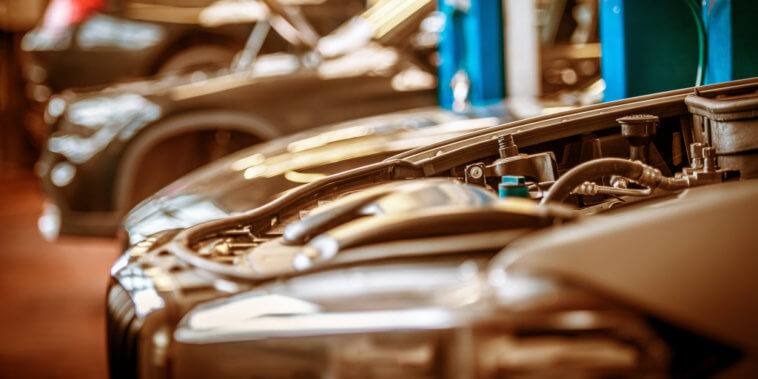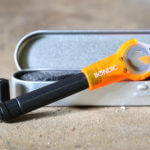Car Care – Extend the Life of Your Car with Essential Tips and Maintenance Tricks
Getting a new car can be a thrilling experience. However, the challenge begins with how to keep it running in excellent condition for as long as possible. Fortunately, with some proactive measures, effective car care, and regular maintenance, you can significantly extend the life of your car. This detailed guide aims to equip you with essential tips and tricks on how to maintain your car and keep it running smoothly for years to come. Let's dive in.
Regular Maintenance Checks
1. Importance of Regular Maintenance Checks
Regular maintenance is the bedrock of any vehicle’s longevity. Ignoring minor issues today can lead to major and costly problems down the line. Remember, prevention is better than cure, and in the case of car maintenance, it's certainly cheaper.
2. Key Areas for Regular Checks
Oil Changes: Your car's engine requires oil to lubricate its moving parts, reduce friction, and prevent overheating. Regular oil changes (typically every 3000 to 5000 miles) keep your engine running smoothly and can prevent more serious damage.
Tires: Regularly inspect your tyres for any signs of wear and tear, bulges, or bald spots. Ensure they are properly inflated to the manufacturer's recommended pressure. This will not only prolong their lifespan but also enhance fuel efficiency and safety.
Brakes: Have your brake system checked regularly, particularly brake pads and fluids. Neglecting your brakes can cause dangerous situations and expensive repairs.
Filters: Your car’s various filters, like the air filter and oil filter, play vital roles in keeping your vehicle in optimal running condition. Regularly changing these filters ensures your engine doesn't have to work harder than necessary, leading to longer engine life.
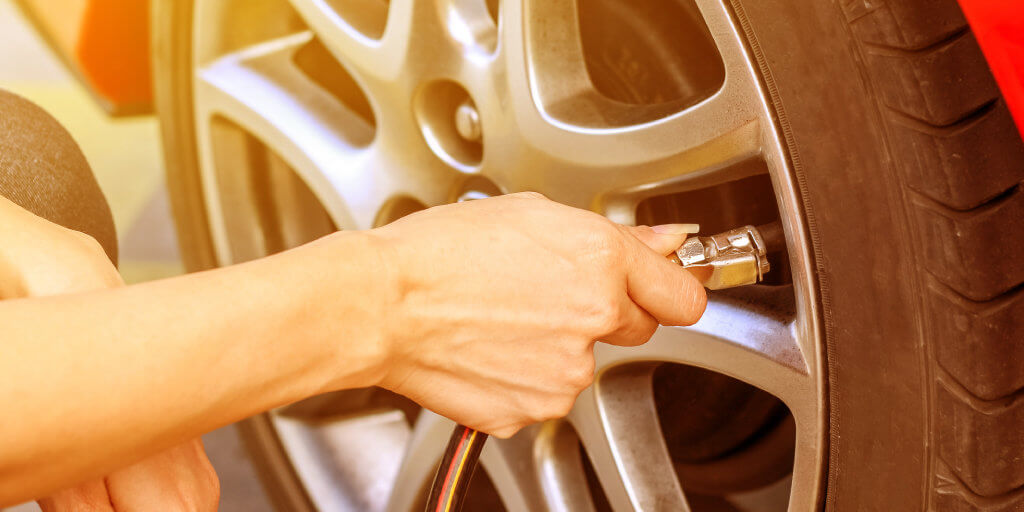
Keep It Clean – Inside and Out
How Cleanliness Directly Influences Your Car's Longevity
Cleanliness, surprisingly, plays a pivotal role in the life expectancy of your vehicle. The maintenance of your car's cleanliness is not just about its visual appeal; it's a contributing factor towards its longevity.
Exterior Maintenance:
- Routine Washing: Consider washing your car once a week. Regular cleaning removes the accumulation of potentially damaging elements such as dirt, road salt, bird droppings, and tree sap, all of which can corrode your car's paintwork over time, leading to rust and other issues.
- Frequent Waxing: Waxing your car not only enhances its shine but also adds an additional protective layer. A good wax job shields the car's finish from minor scratches and the harmful effects of the sun's UV rays, which can cause paint to fade over time. Aim to wax your vehicle every three months.
- Window Cleaning: Don’t forget about the windows. They should also be kept clean for clear visibility. Use a window cleaner and a microfiber cloth to avoid scratching the glass.
The Significance of Maintaining Interior Cleanliness
Maintaining the cleanliness of your car's interior is just as important as its exterior. Not only does a clean interior contribute to a pleasant driving experience, but it can also help preserve the car's value.
Interior Maintenance:
- Upholstery Care: Regularly vacuum your seats and floor mats to remove dirt and dust. Treat any spills promptly to prevent them from setting and causing permanent stains. For leather seats, use a specially formulated cleaner to prevent the leather from drying and cracking.
- Dashboard and Console Cleaning: Dust and grime can accumulate on your dashboard and console. Use appropriate cleaning products to wipe these areas down, which can also help prevent sun damage.
- De-Cluttering: Keep the interior free from unnecessary items. Clutter can interfere with the operation of the vehicle, especially if items roll under the pedals. In the event of a sudden stop or accident, loose items can become dangerous projectiles.
In essence, maintaining both the exterior and interior cleanliness of your car not only makes it more pleasant to drive but also contributes to the longevity and safety of your vehicle.
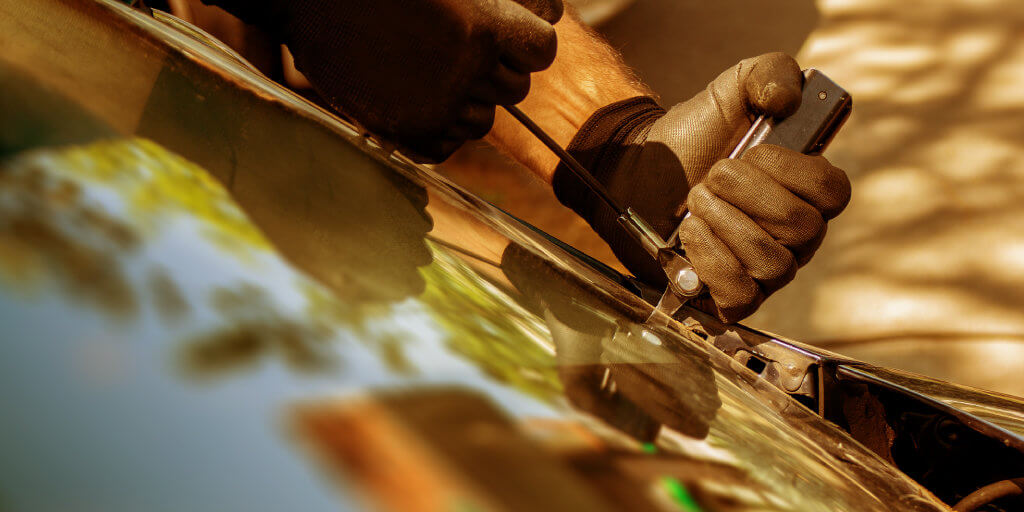
Cultivating Mindful Driving Habits
The Influence of Driving Behaviors on Vehicle Longevity
The way you handle your car has a profound influence on its durability and overall lifespan. Certain aggressive driving styles – such as abruptly accelerating, braking hard, or consistently driving at high speeds – can subject your vehicle to unnecessary stress, thereby causing accelerated wear and tear.
Here's a more detailed look at how these driving habits can detrimentally affect your car:
- Rapid Acceleration: Abruptly speeding up puts immense strain on your vehicle's engine and transmission. Over time, this can result in severe damage to these crucial components.
- Hard Braking: Consistent harsh braking wears down your brake pads and rotors faster. It also puts undue stress on your car's suspension system, leading to premature wear.
- High-Speed Driving: Maintaining high speeds for prolonged periods can overwork your car's engine and transmission. It can also lead to rapid tire wear and decrease your fuel efficiency.
Adopting Optimal Driving Techniques
To enhance your car's longevity, adopting a more mindful driving approach is key. Here are some best driving practices that can significantly lessen strain on your vehicle and promote its longevity:
- Gentle Acceleration and Deceleration: Instead of speeding up or slowing down abruptly, aim for a smooth, gradual change in speed. This reduces strain on your engine and braking system, thereby extending their lifespan.
- Speed Limit Adherence: Respect speed limits. Not only is this crucial for your safety and the safety of others on the road, but it also reduces the burden on your vehicle. Driving at a moderate speed allows your engine to operate within its optimal range, minimizing wear and tear.
- Vehicle Warm-Up: Particularly in cold weather conditions, give your car a chance to warm up for a few minutes before setting off. This allows the oil to reach optimal viscosity and circulate properly, ensuring adequate engine lubrication. This practice is essential in protecting your engine and enhancing its longevity.
By cultivating mindful driving habits, you can significantly extend the life of your car, reduce repair and maintenance costs, and ensure a smoother, safer driving experience.
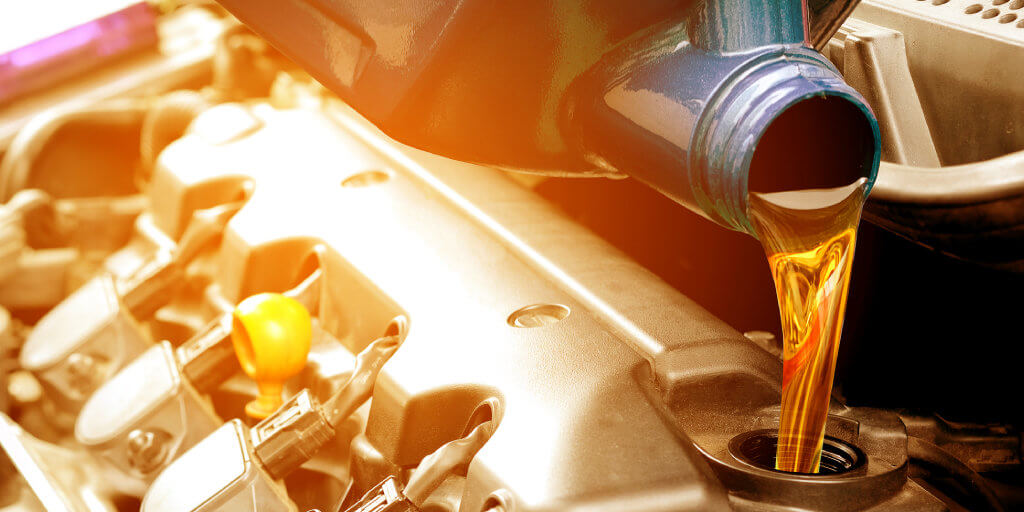
Be Alert: Never Disregard Your Car's Warning Indicators
Recognizing the Vital Role of Warning Indicators
Modern vehicles come equipped with a host of warning lights and signals, each serving a crucial purpose in maintaining your vehicle's health and your safety. These indicators are your car's way of communicating potential problems that need your attention.
Disregarding these signals can result in serious, often costly, complications. For this reason, you should always treat any warning signs as high-priority issues, addressing them promptly to avoid escalating the problem.
Comprehensive Breakdown of Key Warning Indicators
To help you understand and respond appropriately, here's a list of some common warning indicators and what they generally signify:
Check Engine Light: This is one of the most common and critical warning signs. It could signal a range of issues, from a loose gas cap to a failing catalytic converter. If this light comes on, it's best to get your car checked by a professional as soon as possible.
Unusual Sounds: Any sudden, odd noises – such as squealing, grinding, knocking, or hissing – can be a sign of various issues like brake problems, engine trouble, or exhaust leaks. If you notice any strange sounds while driving, it's prudent to have your car inspected without delay.
Handling or Braking Irregularities: If your car starts pulling to one side, or if it wobbles or vibrates when you drive, it could indicate problems with your tires, brakes, or suspension system. Similarly, if your car takes longer than usual to stop, or if the brake pedal feels different, it's time to have your brakes checked.
Sudden Changes in Fuel Efficiency: A noticeable decrease in miles per gallon (MPG) can be a sign of underlying issues, such as tire problems, a dirty engine air filter, or failing spark plugs. If you find yourself making more frequent trips to the gas station, it's worth having your car evaluated by a professional mechanic.
Being aware of these warning signs and responding promptly can make a significant difference in the lifespan of your car and the safety of your journey.
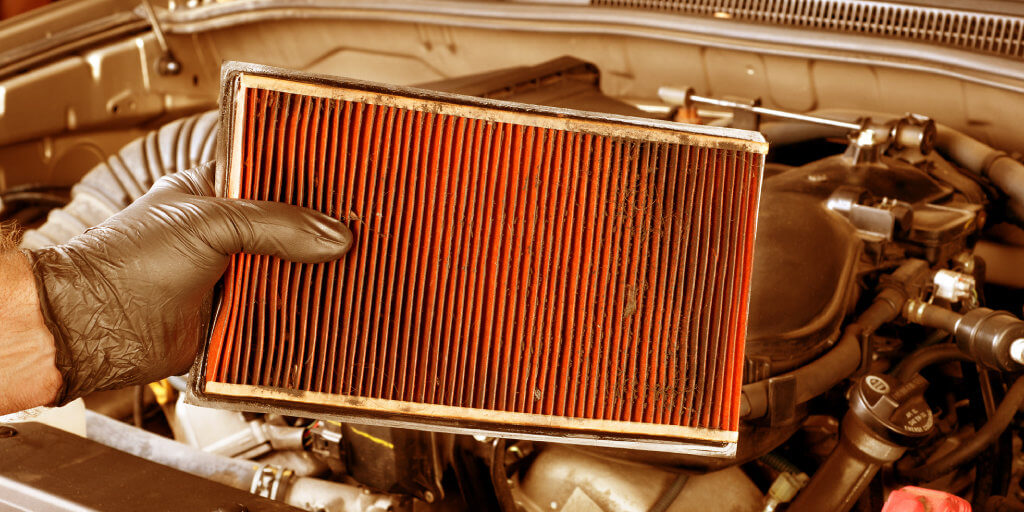
Prioritize High-Quality Parts and Fluids
Understanding the Impact of Quality Components on Car Durability
Investing in top-notch parts and fluids can significantly extend your vehicle's lifespan. Though these premium items might come with a higher upfront cost, they pay off in the long run by offering superior performance and durability, ultimately leading to considerable savings on potential repair costs.
Critical Factors to Consider
To optimize the life and functionality of your car, follow these guidelines:
- Choosing the Right Fluids: Always select fluids, including motor oil, brake fluid, coolant, transmission fluid, and power steering fluid, that comply with your vehicle manufacturer's recommendations. These specifications are meticulously designed to ensure optimum performance and longevity of your car's various systems.
- Oil Selection: Pick an engine oil that matches your manufacturer's viscosity rating and service classification. Remember, oil plays a critical role in reducing friction and heat within your engine, leading to better fuel efficiency and a longer engine life.
- Antifreeze/Coolant: Use an antifreeze/coolant that is compatible with your car. This fluid is essential in preventing your engine from freezing in cold weather and overheating in hot conditions, thereby preserving your engine's life.
- Investing in Quality Parts: When it comes to replacing any part of your car, prioritize original equipment manufacturer (OEM) parts whenever feasible. OEM parts are designed specifically for your car model, ensuring a perfect fit and superior performance compared to aftermarket parts. These parts not only function better but also last longer, helping extend the life of your vehicle.
Seasonal Care
1. The Impact of Seasons on Car Health
Weather changes can affect the performance and longevity of your car. Be it the freezing winter temperatures or the scorching summer heat, your vehicle needs special attention during different seasons.
2. Seasonal Maintenance Tips
In winter, use antifreeze and ensure your tires are suitable for icy conditions. Summer heat can be tough on your battery and tires, so regular checks are essential. Don’t forget to maintain your air conditioning system for those hot days.
Safe Parking Habits
1. How Parking Affects Your Car
The place and manner in which you park your car can significantly impact its longevity. Both can either protect your car or expose it to unnecessary damage.
2. Safe Parking Tips
Whenever possible, park in a garage or under a carport to protect your car from the elements. If parking on the street, choose a safe, well-lit area to avoid potential damage or vandalism. Also, avoid parking over large puddles or on high curbs to protect your undercarriage.
Regularly Rotate and Balance Tires
1. Why Tire Rotation and Balancing Matter
Tire rotation and balancing are crucial aspects of car maintenance that often go overlooked. They ensure even tire wear, providing a smoother ride, improved handling, and increased tire lifespan.
2. How Often to Rotate and Balance Tires
Generally, it's recommended to rotate and balance your tires every 5,000 to 7,500 miles. However, always refer to your vehicle's owner’s manual for specific guidance.
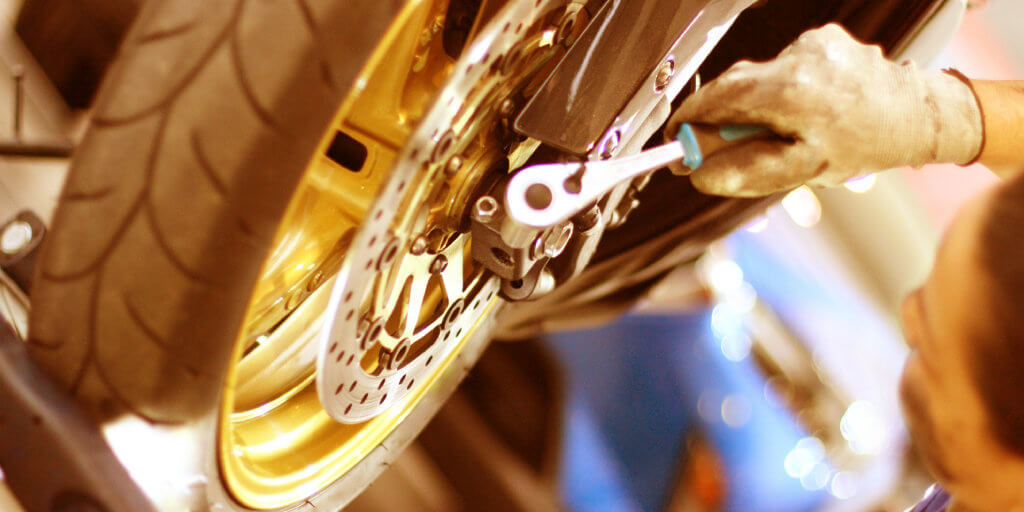
Follow the Manufacturer's Maintenance Schedule
1. The Importance of Manufacturer's Maintenance Schedule
Your car's manufacturer provides a recommended maintenance schedule for a reason. Following this guideline ensures your vehicle gets all the necessary upkeep at the right intervals.
2. Maintenance Schedules and Vehicle Longevity
Typically, the maintenance schedule includes when to change your oil, filters, and timing belt, among others. Adhering to these recommendations optimizes your vehicle's performance and longevity.
Regular Professional Inspections
1. Value of Professional Inspections
Even with diligent self-maintenance, it's beneficial to get your car professionally inspected periodically. Mechanics have the expertise to catch potential issues that you might miss.
2. When to Have a Professional Inspection
Consider a professional inspection at least once a year, or whenever you notice any changes in your car's performance. Regular professional inspections can identify problems early, saving you from costly repairs down the line.
Conclusion
Extending the life of your car doesn’t have to be a challenging task. By following the essential car care tips and maintenance tricks outlined in this guide, you can keep your vehicle running smoothly, reduce repair costs, and ensure your car serves you reliably for many years to come. Remember, it's not just about preserving your investment; it's also about ensuring your safety on the road.


